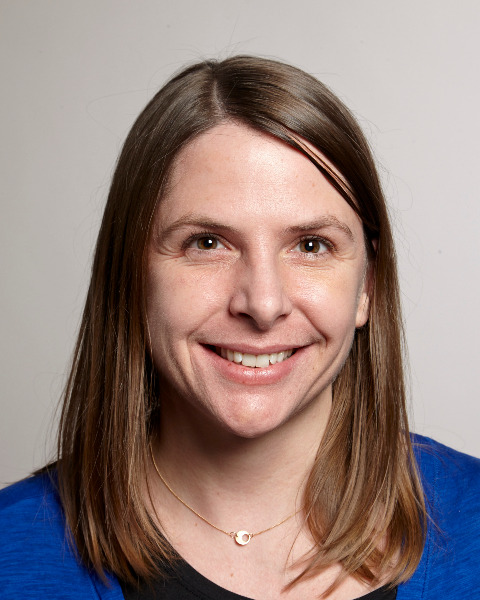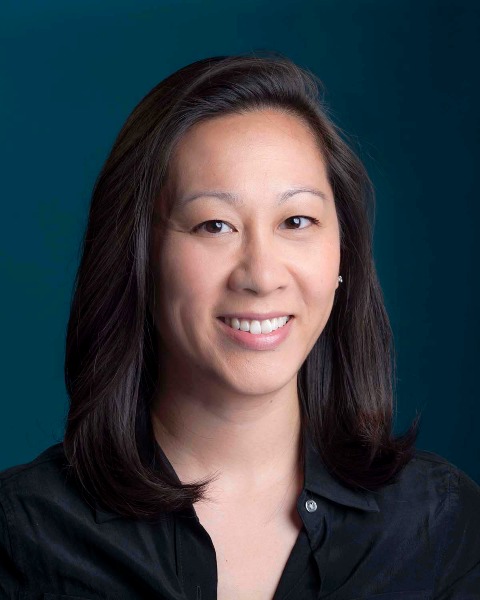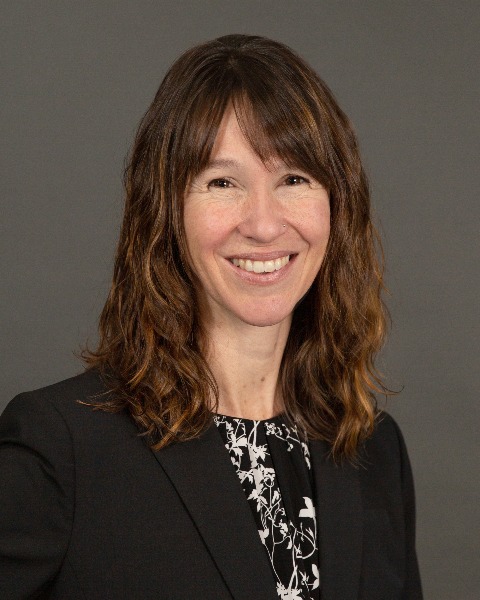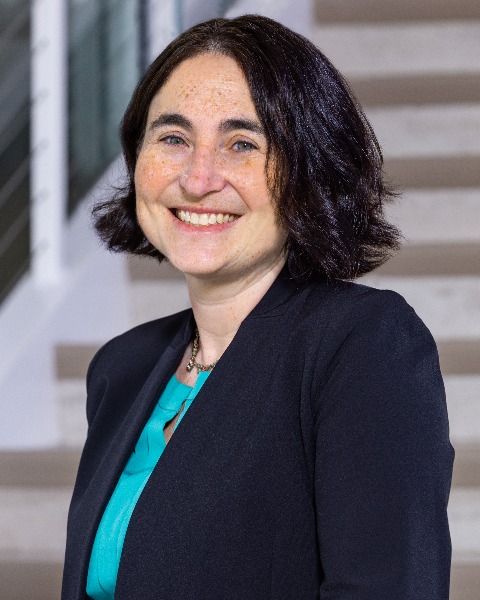Behavioral and Social Sciences
Sharing the Care: Paid and Family Caregivers Working Together to Support Older Adults at Home
-

Jennifer Reckrey, MD (she/her/hers)
Associate Professor
Department of Geriatrics and Palliative Medicine
Icahn School of Medicine at Mount Sinai
Icahn School of Medicine at Mount Sinai, New York, United States -

Regina Shih, PhD (she/her/hers)
Professor
Epidemiology
Emory University Rollins School of Public Health
Atlanta, Georgia, United States -

Jennifer Reckrey, MD (she/her/hers)
Associate Professor
Department of Geriatrics and Palliative Medicine
Icahn School of Medicine at Mount Sinai
Icahn School of Medicine at Mount Sinai, New York, United States -

Kezia Scales, PhD (she/her/hers)
Vice President of Research & Evaluation
Research & Evaluation
PHI
New York City, New York, United States -
KM
Katherine Miller, PhD (she/her/hers)
Assistant Professor
Department of Health Policy and Management
Johns Hopkins University
Baltimore, Maryland, United States -
CF
Chanee Fabius, PhD, MA (she/her/hers)
Assistant Professor
Health Policy and Management
Johns Hopkins University
Baltimore, Maryland, United States -

Katherine Ornstein, PhD
Professor
School of Nursing
Johns Hopkins University
Baltimore, Maryland, United States
Chair(s)
Discussant(s)
Individual Symposium Abstract First Author(s)
Collaboration between paid caregivers (e.g., home care workers) and family caregivers (e.g., spouses, adult children) is essential to ensure that functionally impaired older adults can thrive at home. However, there are few evidence-based practices and policies to support collaboration and paid and family caregivers are frequently left to navigate shared care on their own. In this symposium, we describe ongoing efforts to identify, understand, and promote collaboration within the paid and family caregiving team. First, Scales et al. describe the development and evaluation of a caregiving policy agenda that brings together diverse partners to support both paid and family caregivers. Miller et al identify trajectories of paid and family care among older adults in the last years of life and describe increased reliance on family caregivers among those living in rural areas. Fabius et al characterize notable role-sharing between paid and family caregivers, particularly among individuals with dementia or enrolled in Medicaid. Reckrey et al share national data that describes the growing prevalence of family members who are themselves paid to provide care, frequently to older adults with high care needs. Finally, Ornstein et al. outline the conceptualization and development of a large caregiving study that draws from the principles of relational coordination to simultaneously examine paid and family care among a multisite cohort of 4,000 older adults. Taken together, these abstracts underscore how research inclusive of both paid and family caregivers lays the foundation for stronger, more collaborative care for older adults at home.
Paid Caregiving Interest Group Sponsored Symposium
Learning Objectives:
- 1. Identify innovative research approaches to better understand and improve collaboration between paid and family caregivers.
- 2. Summarize individual and community factors associated with if and how paid and family caregivers share caregiving responsibilities.
- 3. Describe how care models that pay family members to provide care may impact traditional caregiving roles.
Presentations:
-
4:30 PM - 6:00 PM PSTTrends in Receipt of Paid Family Care Among Older Adults With Functional Impairment in the United States, 2011–2022
Individual Symposium Abstract First Author: Jennifer Reckrey, MD (she/her/hers) – Icahn School of Medicine at Mount Sinai
-
4:30 PM - 6:00 PM PSTTogether in Care: Elevating the Importance of Family and Paid Caregivers
Individual Symposium Abstract First Author: Jessica King, PhD (she/her/hers) – PHI
-
4:30 PM - 6:00 PM PSTTrajectories of Paid and Family Care to Support Adults With Disabilities by Rurality
Individual Symposium Abstract First Author: Katherine Miller, PhD (she/her/hers) – Johns Hopkins University
-
4:30 PM - 6:00 PM PSTSharing Roles in Home Care Between Family Caregivers and Paid Caregivers: A Nationally Representative Study
Individual Symposium Abstract First Author: Chanee Fabius, PhD, MA (she/her/hers) – Johns Hopkins University
-
4:30 PM - 6:00 PM PSTAn Examination of Relational Coordination Among Paid and Family Caregivers in the ARIC Cohort
Individual Symposium Abstract First Author: Katherine Ornstein, PhD – Johns Hopkins University
